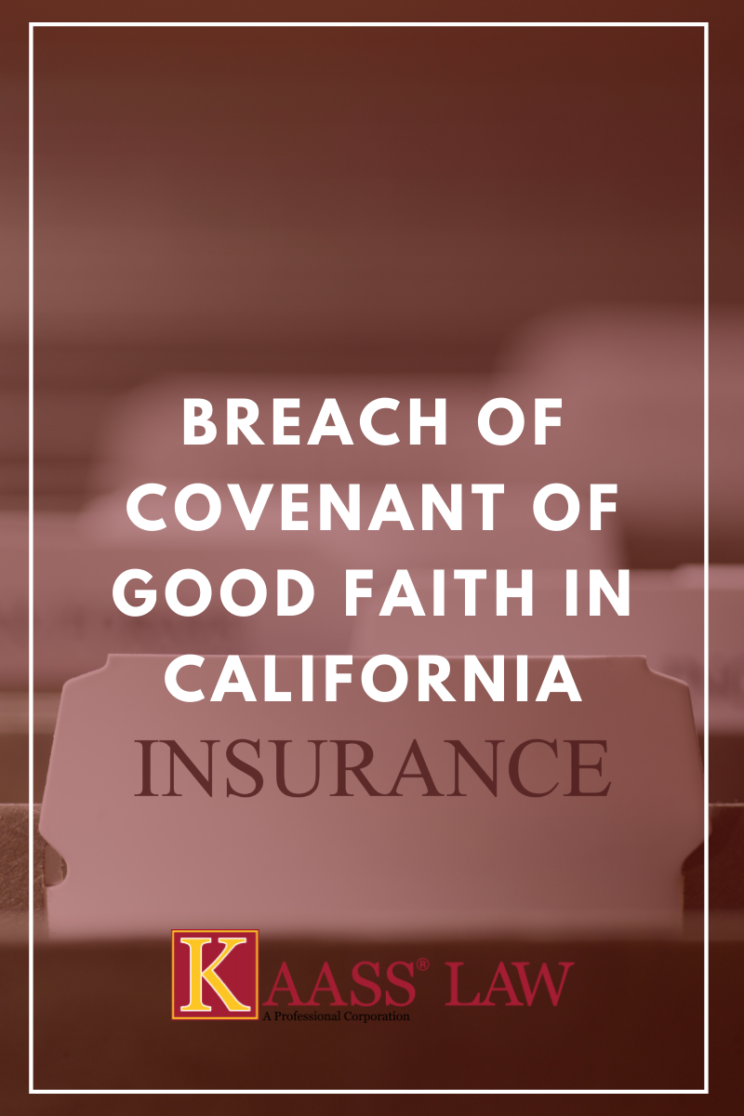Every contract and agreement in California contains an implied promise of good faith and fair dealing. This means that each party shouldn’t do anything to unfairly interfere with the right of any other party for receiving benefits of the contract. Though, the implied promise of fair dealing and good faith can’t create obligations that are inconsistent with the terms of the contract.
Elements the Plaintiff Must Prove for Breach of Covenant of Good Faith in California
According to CACI 325, in a breach of covenant of good faith and fair dealing action, a plaintiff must be able to prove all of the following elements:
- Plaintiff and defendant entered into a contract;
- Plaintiff did all or substantially all of the significant things that the contract required him to do or that he was excused from having to do those things;
- All conditions required for the defendant’s performance had occurred or were excused;
- Defendant unfairly interfered with the plaintiff’s right to receive the benefits of the contract; and
- Plaintiff was harmed by the defendant’s conduct
What Is Insurance Bad Faith?
California law defines certain types of conduct and acts which can qualify as insurance bad faith. They include the following:
- Unreasonable denying the policy benefits
- Intentionally misrepresenting policy provisions or facts to the claimants
- Failing to act or respond promptly with respect to the claim
- Failing to provide adequate and prompt justification for the denial of the claim
- Failing to approve or deny the claim within a reasonable time period
- Failing to make a good faith effort to honestly settle claims between parties
- Misleading a plaintiff as to the legal deadline for initiating a lawsuit and filing a claim
- Advising a plaintiff not to hire a lawyer
Insurance Contract Provisions
In California most insurance contracts contain the following provisions:
- The insurer is required to pay claims when the policyholder experiences a potentially covered risk
- The insurer must investigate a claim for determining the liability for caused injury,
- The insurer must use good faith attempts to settle claims
- The insurer must provide the policyholder with a legal defense against third-party claims
Duty to Defend in Insurance Contracts
In California, insurers are required to indemnify and defend the policyholders in case a risk is even possibly covered, thus even if the reason for the accident is unknown, the insurer is obliged to treat it as a covered risk. On the other hand, the policyholder must act in good faith and comply with the notice requirements.
Remedies for Insurance Bad Faith
There are a number of potential damages the plaintiff can recover if the insurer has committed bad faith.
- Plaintiff can recover damages for breach of contract, specifically, the benefits due under the policy plus interest.
- Plaintiff may be able to recover bad faith damages, including consequential economic losses, attorneys’ fees, and emotional distress and.
- According to California Civil Code Section 3294(a) punitive damages can only be awarded in case clear and convincing evidence shows the insurance company engaged in oppression, fraud, or malice.

